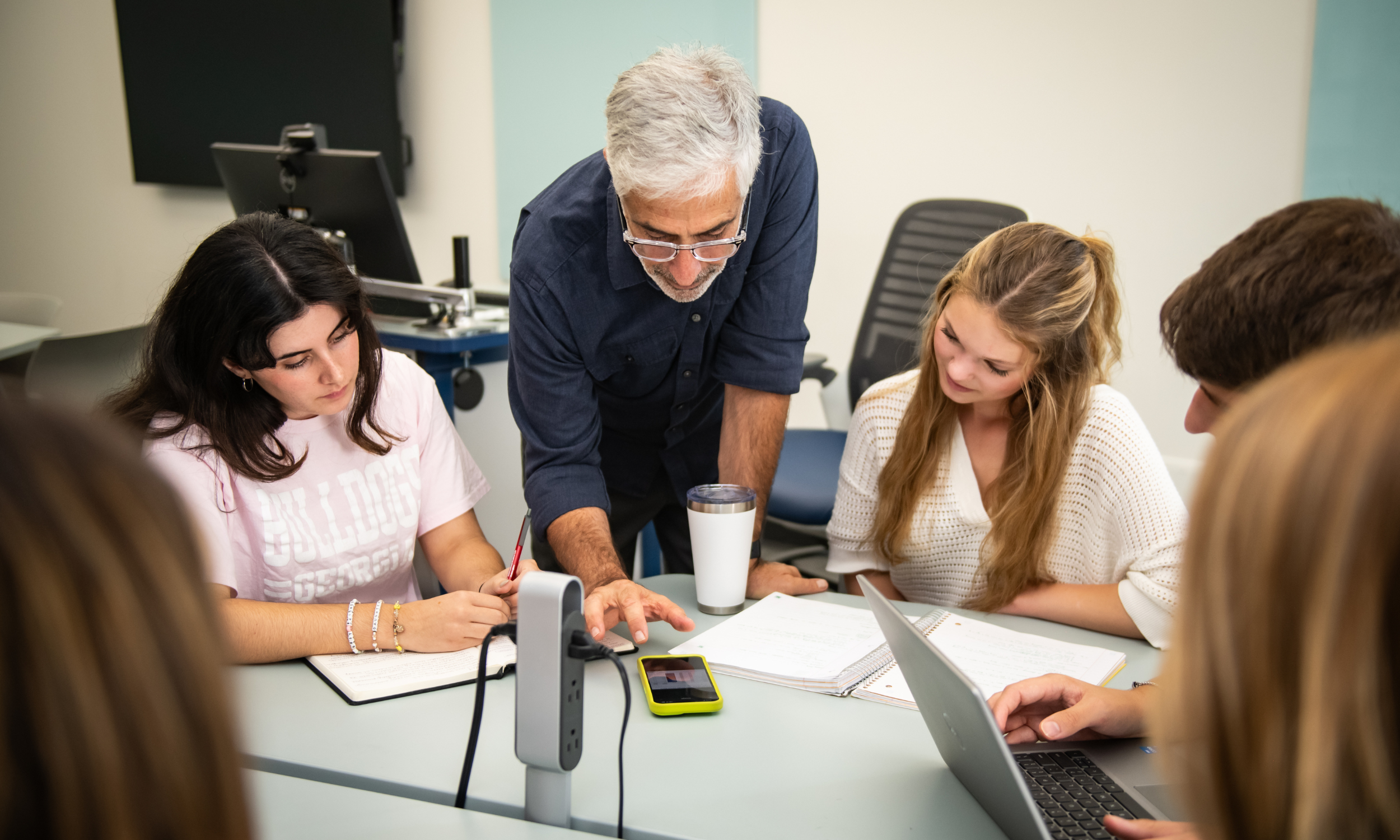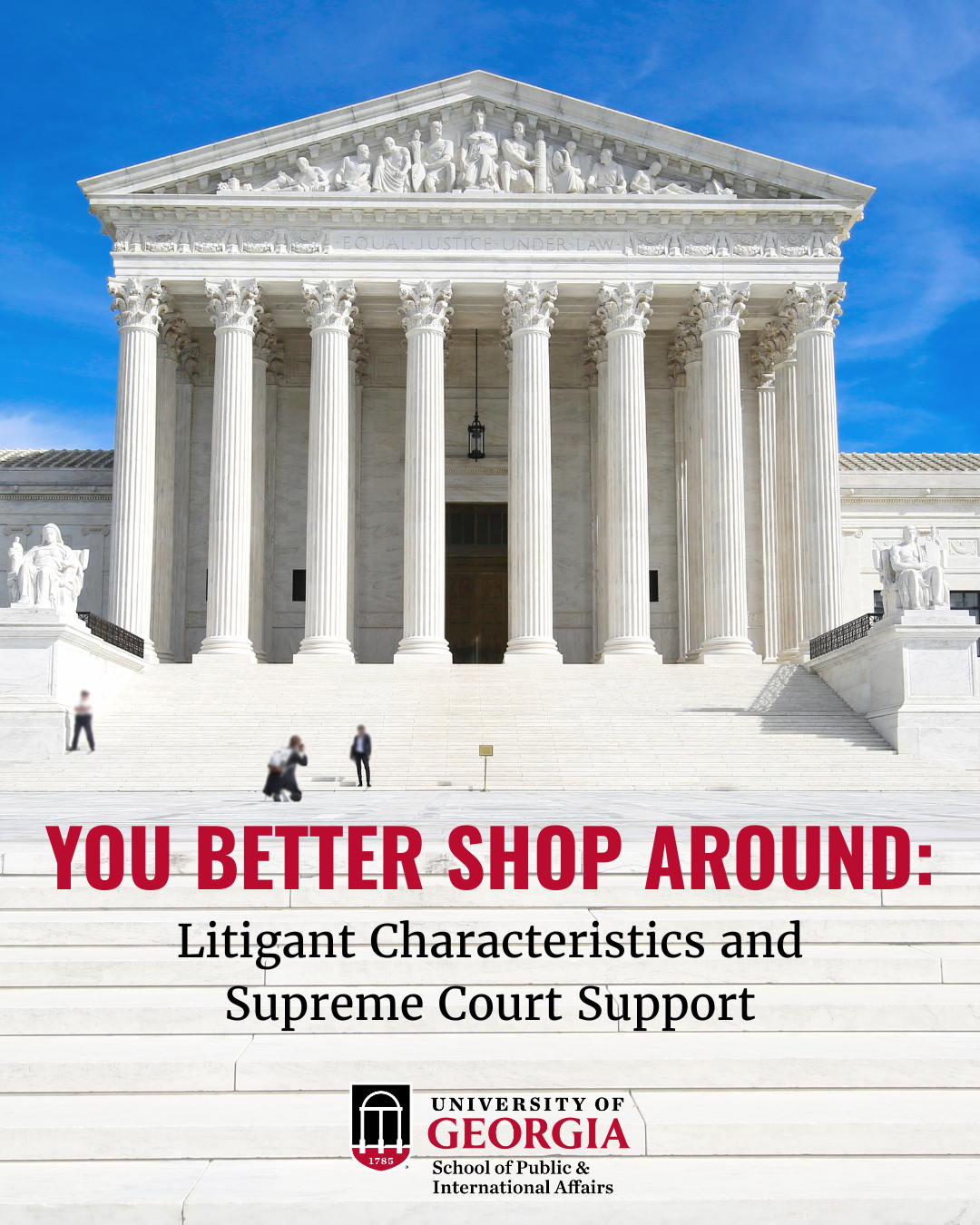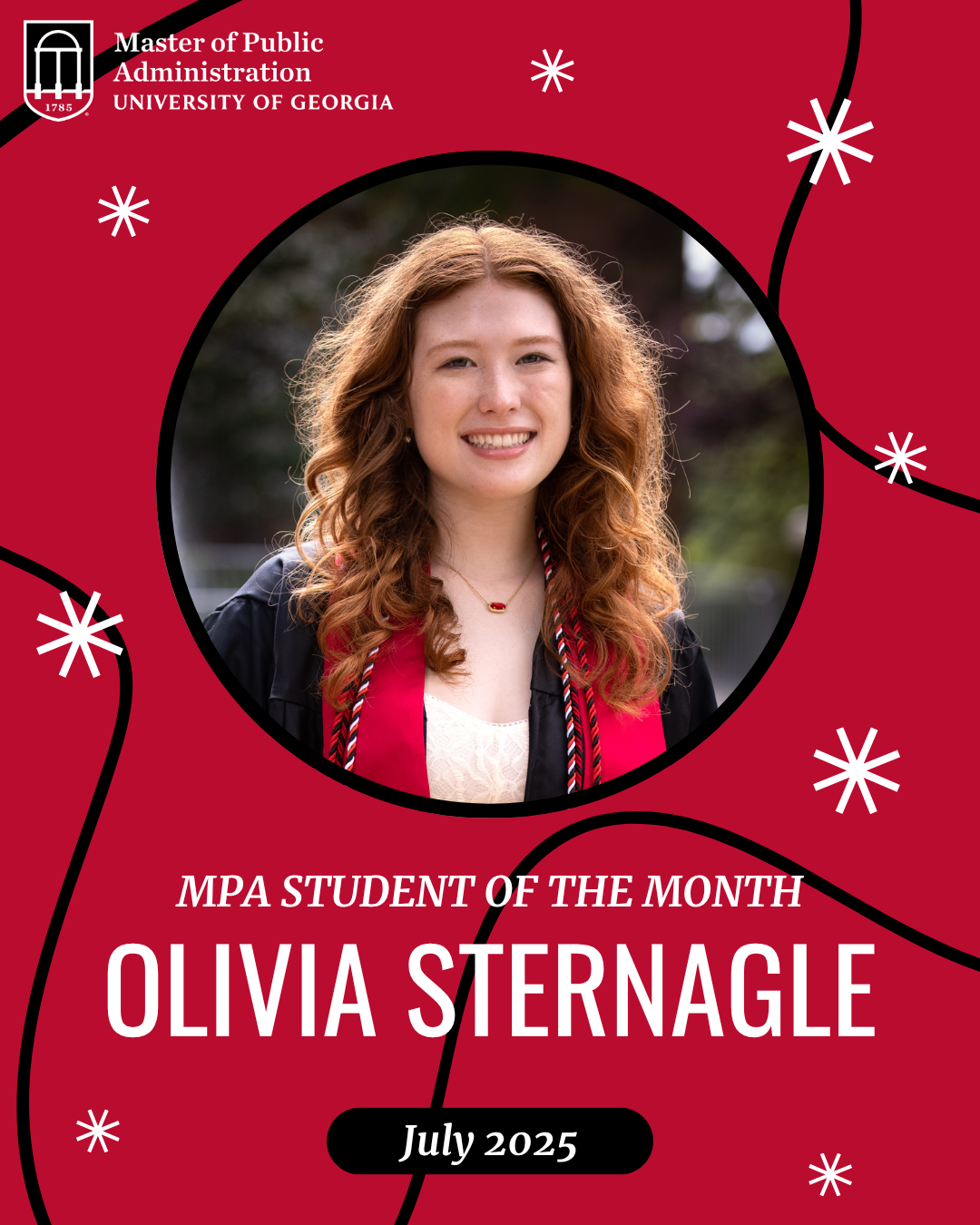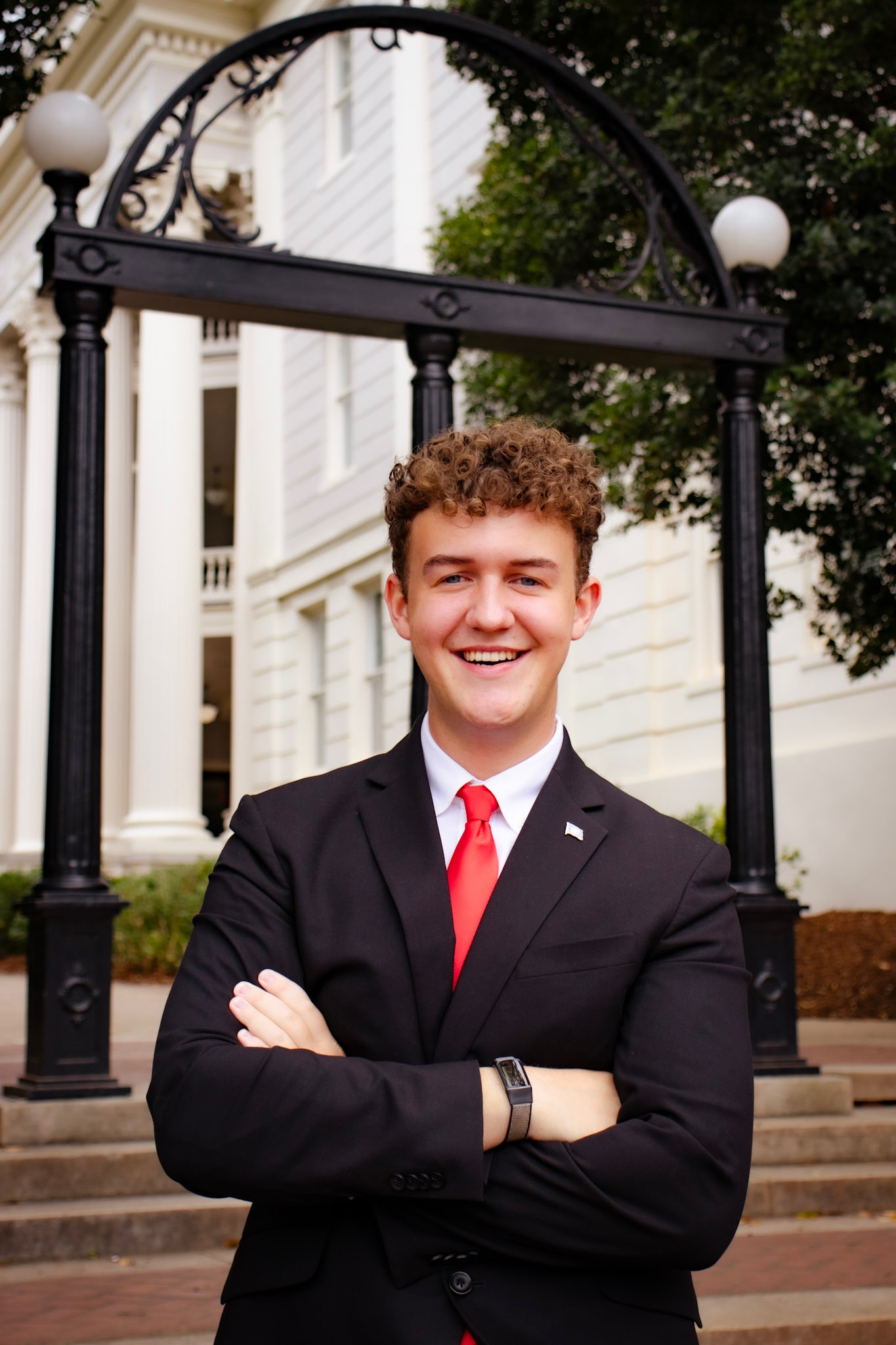By Elizabeth Carter
As a child, the quintessence of a summer well-spent would chiefly concern the success of a personal marketing campaign to my parents on a trip to Disney World. Now, as an international affairs students, DC has usurped Orlando as the city of my unrelenting fixation; I have traded the monorail from Magic Kingdom to Epcot for the Red Line from Union Station to Farragut North. This summer, from mid-May until the end of July, I lived in my dream world, interning at the State Department and staying at UGA’s Delta Hall.
After a nerve-racking security clearance process, rife with a record-breaking government shutdown, an office transfer, and reassignment to an office entirely unknown to me, I started my internship with the Office of the Global AIDS Coordinator on the PEPFAR Private Sector Engagement team (PSE). PEPFAR was started in 2003 by the Bush Administration with the charge of addressing the global AIDS epidemic, and over the past 15 years has invested over $80 billion in this fight. My team focused on the development of public-private partnerships as a means to achieve PEPFAR objectives. In the last 5 years, PSE has spearheaded efforts to improve their reach to adolescent girls and young women through their DREAMS Initiative. One of my tasks for the summer was distilling the reports that have been produced about DREAMS into actionable recommendations for the PSE team.
In addition to this research, I also conducted a landscaping assessment to identify innovations in the supply-chain management space. The private sector has nearly infallible distribution systems, and understanding the mechanisms that govern their stream-lined processes provides an invaluable springboard for improving PEPFAR’s supply-chain systems.
Ideally, it would be at this point in my reflection that I would express at least a vague sentiment suggesting in my deep enjoyment for this research and desire to return immediately to the government, but that would be dishonest. I learned a great deal about HIV/AIDS, human-centered design, and international conference planning, but I also learned just how true some of the stereotypes about the USG are: the bureaucratic red tape, the duplicativeness of agency projects, the stifling effect of administration changes on long-term projects, etc. This being said, I want to vehemently emphasize that I met the most unbelievable individuals in my office and throughout the State Department. They work each day to mitigate the unavoidable inefficiencies of large government agencies and have a genuine desire to simply make the world a better place, such that despite my small frustrations, I felt like the luckiest 20-year-old in DC.
Next summer, I want to explore the private side of the public-private partnership for development space. To be a part of the innovation and counter-intuitive thinking that I witnessed the PSE team seek in its partnership-building ignites both my passion for development and creative problem-solving. This year I have officially begun my participation in the Double Dawgs program for international policy, and I am excited to continue my research in public-private partnerships through these classes and with the support of SPIA faculty. I am confident that with the support and opportunities SPIA offers to its students, my return to the most magical place on earth is only a summer away.









